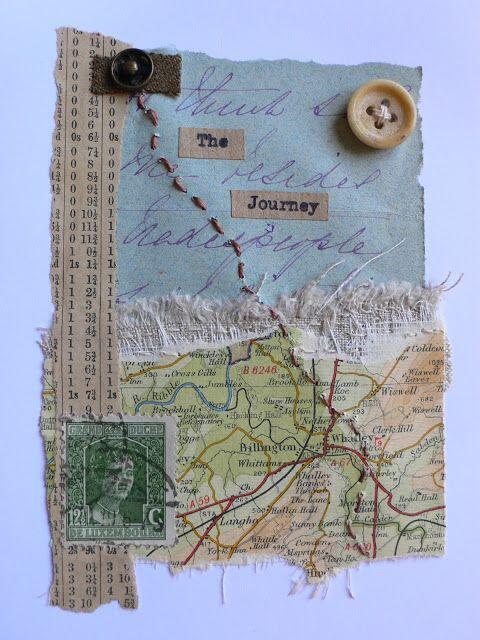So the year has started and we are off again!
Last year I wrote "Beginners" blog posts Beginning with Languages to help colleagues new to primary languages engage and support staff across the school and plan some effective primary language learning opportunties.As part of the Language Learning for Everyone DFE funded project with WTSA/JLN we will be continuing this year to support local North West schools to develop their primary language learning.
The series of blogposts this year will be called "Let's build on it!" In each blogpost I will endeavour to share what I have seen my local colleagues doing to recall, revisit and further develop prior learning effectively , to explore current and topical events and build in language learning opportunities,to plan for next steps in the academic year and to track and monitor progress.
So here we go!
At this time of the school year:
We like to set out our learning for the year with all our classes:
We discuss the rights of the language learner.You can buy the A3 poster here from Little Linguists Rights of the Language Learner
We create our learning journals and record keepers.
Here is one way of creating learning journals with the children to collect and collate their listening,speaking,reading,writing and cultural successes!
And here is the blog post A journey worth the taking
And we unpack our virtual suitcases from the previous year.Here is Emilie's blog post from september 2014 about this.
Developing prior language learning effectively:
We have started this new academic year with "Start Up " activities.Here are some of the activities my associate teachers are incorporating in their lessons during the first few weeks of term.
- A simple "What can you remember" round the working table competition to share with the class
- Vuelta al cole (back to school) posters to remind us about how we learn languages and to practise language we know already.Make great table prompt mats too!
- Physical number revision.Here is the blog post Revisiting numbers and physcial listening and responding
- Give me five game, a wonderful idea from a local colleague found on her "Samamusant" blog Gimme5
- Extending listening with the more advanced learners using our podcasts from the JLN VLE SOW materials and resources
- Practising and extending greetings,farewells and praise words to the well known refrain from Frozen and adding actions to help us to remember throughout the year.
- Using authentic rhymes and songs to revisit familar language .
- Try lolliopop sticks as a way of letting the children select a stick and then remember and or use language from the stick in the target language.Points for good pronunciation and accuracy etc!
- Singing songs that introduce language from all over the world to set the scene
- Revisiting , discussing language learning strategies and moving on using Stepping Stones activities
- Recall games such as Touch Base AfL
- For motivation something one of our colleagues Joanne started using last year and we all think would be really useful this year is this certificate.She nominates a star of the week and the certificate hangs in the classroom for the rest of the week before being taken home!
Exploring current and topical events:
Every half term there is an event or a key national focus that we can use to our advantage in language learning.I think it is both an opportunity to explore culture and an opportunity to continue practising rudimentary skills but linking them to a topical context which adds a new sparkle to the learning.So this half term we will:
- All of us will celebrate European Day of Languages.European Day of Languages official website
- Some of us will explore International Literacy Day and so something as simple a show a You tube clip or read our young learers a story in another language.Celebrating International Literacy Day
- Some of us will explore Roald Dahl Day .Celebrating Roald Dahl Day in another language
- With Spanish learners we can share facts and interesting information about Christopher Columbus Day in October
- And we can all link our language learning to the theme of Autumn.Here are some really simple ideas for Autumn contexts for basic content practise: Numbers, counting and Autumn leaves,Incredible fruits and vegetables at harvest time.Colours and imagination,Autumn , a walk in the park and directions
Next Steps.Getting ready for next half term:
- Share with your colleagues in a staff meeting these two simple ideas that they could all help to deliver or create class performances and target language displays next half term for Bonfire Night , based on practising sounds of the language and basic language KS1 Rockets and Fireworks poem Fireworks poem
- Some of your colleagues may also like to consider how they can link the target language learning with Remembrance on 11 Novemeber.Here are a few ideas from last year that we used les coquelicots et les bleuets
- It's soon time to start planning for Christmas performances.Time now to consider simple ways that the children across the whole school could particpate in a target language Christmas carol in the school assembly or service.
Tracking and monitoring progress:
- Informal monitoring of progress in content acquisition and listening and responding skills with this simple activcity could take place throughoputb the year :Recall game Touch Base AfL
- An Autumn themed AfL writing and progress in writing activity that you can then use next half term as a revisiting and reading activity Gathering Autumn leaves


















